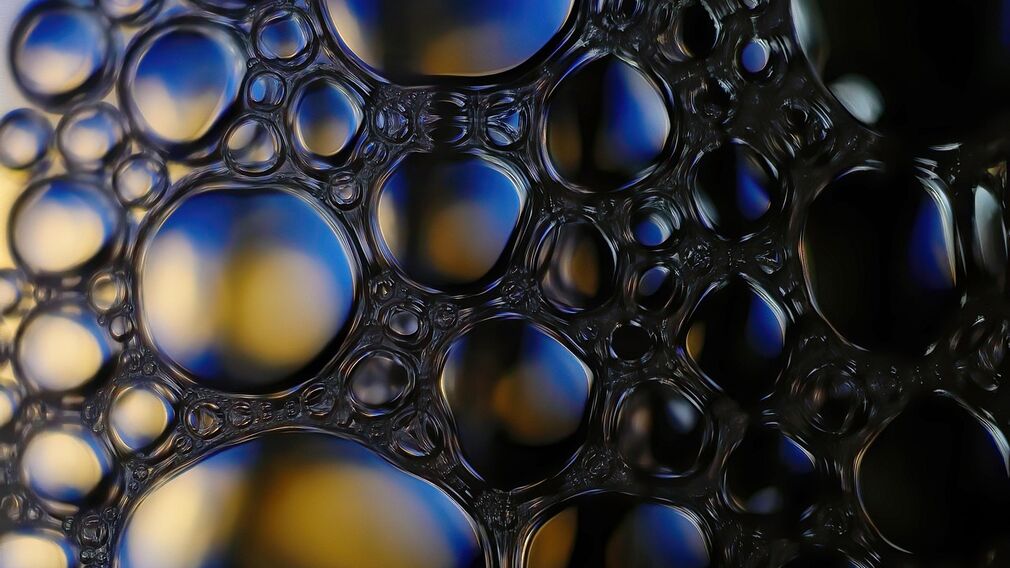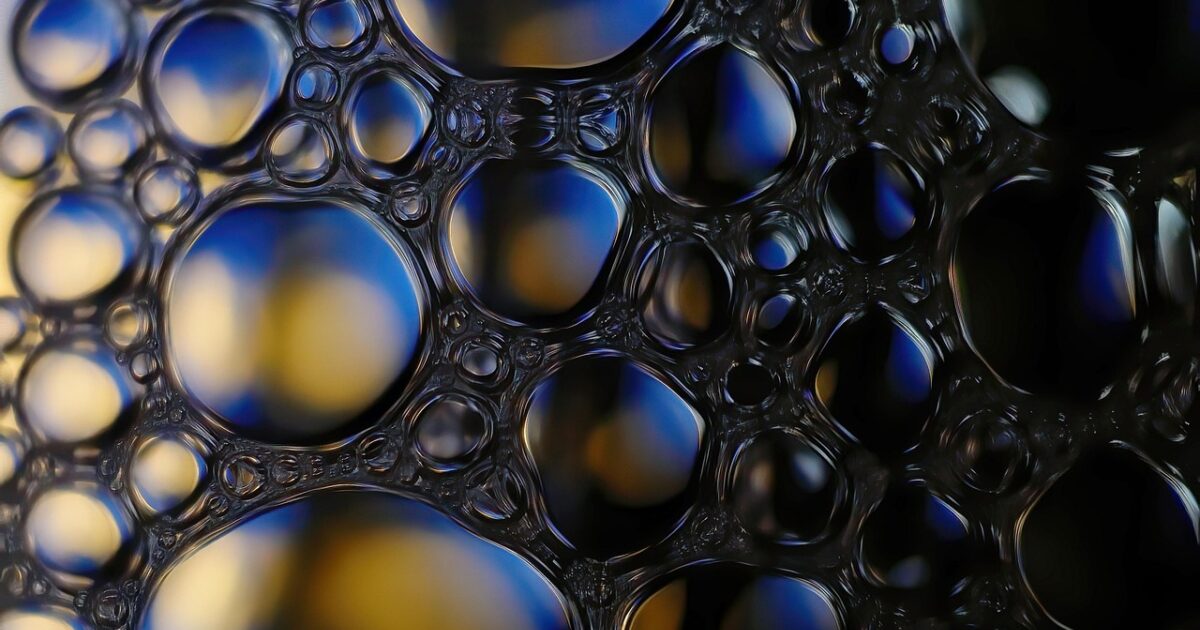
Pixabay
The European Union (EU) has reached a deal to make detergents and surfactants safer and more sustainable, EuChemS magazine reported.
Provisionally agreed on 14 June by the European Council and European Parliament, the update to the EU’s Regulation on Detergents and Surfactants would boost biodegradability, ban animal testing and simplify rules for safer, greener cleaning, the 16 June report said.
The revised rules aimed to improve the environmental and health safety of everyday cleaning products while adapting to innovation and changing consumer habits, EuChemS magazine wrote.
To ensure flexibility and higher compliance, the new legislation would also simplify how detergents, ranging from capsules to microbial products, were marketed across the EU.
In addition, the agreement would allow the European Commission (EC) to tighten rules on biodegradability, particularly for water-soluble films encapsulating detergents, which had become a widespread source of microplastic pollution, the report said.
The revised regulation also
mandated digital and clearer labelling, making key information, such as the presence of fragrance allergens, more transparent for consumers and accessible to poison centres and medical professionals. The changes aimed to address concerns about the safety of imported products, requiring non-EU manufacturers to appoint authorised representatives to ensure compliance with EU standards.
The agreement maintained the EU’s ban on animal testing, as laid out in the REACH Regulation. Only products developed using non-animal testing methods would be permitted, with rare exceptions granted only under strict and essential conditions.
A future-focused clause tasked the EC with assessing if new limits on phosphorus content in detergents were feasible without compromising product performance or inadvertently increasing environmental impact, such as more intensive cleaning cycles or higher water temperatures.
As detergents remained chemicals with potential health and environmental risks, the updated regulation aligned safety, sustainability and industry innovation, EuChemS magazine wrote.
With an estimated market value of €41.2bn (US$47.4bn) in 2020 and over 700 production sites across Europe, according to EC data, the sector stood to benefit from clearer, more streamlined rules, the report said.
The provisional agreement was now subject to formal approval by both the Council and Parliament.
